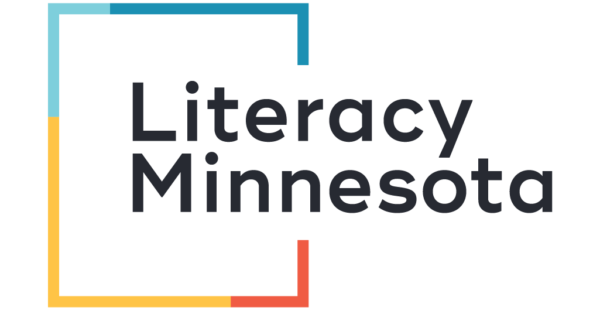Resources
Results
Reading Skills Stories
Adult ELL Pathway to Literacy
Tar Heel Reader
Arlington Education and Employment Program
BC Reads: Adult Literacy Fundamental Readers
Health Literacy Resources
ESL Literacy Readers (Bow Valley Readers)
CCRS in the ABE Classroom: Beginning ESL
A Digital Workbook for Beginning ESOL
We Speak NYC – learner activities
We Speak NYC
Learn English Free: EnglishClub
iPads and Tablets in the LESLLA Classroom
Numeracy Units: Beginning Level
Literacy Education and Second Langauge Learning for Adults (LESLLA)
Adult ESL Beginning Level Instruction Videos
Adult ESL Pronunciation Activities Videos
Our School Garden
Diana’s ELL Writing Practice
Diana’s ELL Writing Practice – Grammar
New Resources
Tapping into Diverse Perspectives and Teaching Materials
Being a Warm Demander
Discovering Learners’ Funds of Knowledge
Presenter Information
Get information about stipends, reimbursements, and other instructions for presenters.
MN ABE YouTube Channel
The MN ABE YouTube Channel is a free online PD resource that you can use to explore teaching techniques and classroom ideas in action! Find out more in this MN ABE Connect newsletter article.
Upcoming ABE Events
Racial Equity 101 Presented by Jimmie Heags
Registration Deadline: TUE. 8/6/24 Join presenter Jimmie Heags, Jr., MA, LSC, LPCC, LADC, ACS, for this session that exposes how race is defined and how racism impacts individuals and institutions. The session will provide learners with a framework for understanding and disrupting the attitudes and structures that perpetuate… Learn More
Volunteer Core Training Module 1: Overview of Minnesota Adult Education and Program Accountability
Registration Deadline: TUE. 8/6/24 Participants learn about Adult Basic Education programming in Minnesota, demographics of learners, instructional content standards as well as initial and on-going assessment. This session wraps up with learner motivations, barriers and persistence. Learn More
Volunteer Core Training Module 2: Understanding Adult Learners
Registration Deadline: TUE. 8/13/24 Participants develop their personal cultural awareness and learn how expectations around school culture shape how people teach and learn. Guiding principles for effectively delivering instruction to adults are also covered. Finally, participants increase their sensitivity to the challenges of learning English and developing literacy… Learn More
